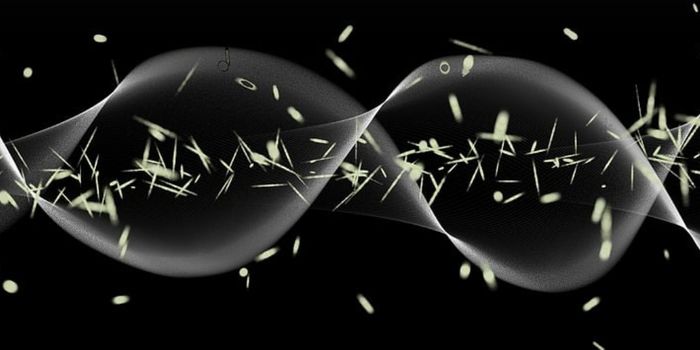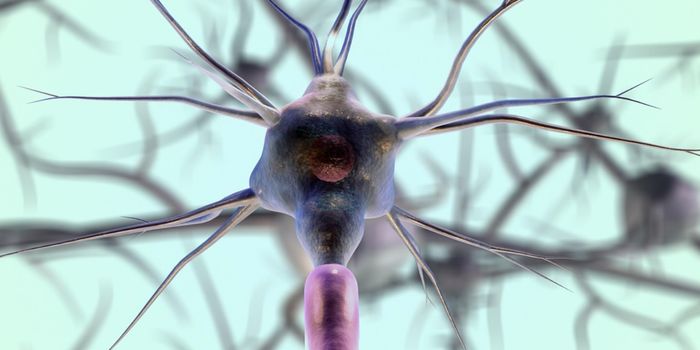Can We Be Fooled Into Thinking We Heard Something?
Do you hear what I hear? In recent research on auditory hallucinations, many people heard sounds that were not being made, so apparently, sometimes people report hearing noises or other auditory stimuli that aren't real, but that they are confident they heard. A research team from Yale University took on the question of reality and what our senses perceive versus what is actually happening.
They found that the brain constantly processes new information in sort of a "fact checking" way, looking at it in relation to our memories and experience. When this kind of verification process is disrupted, what occurs can be an auditory hallucination, and the brain activity that happens during it can pinpoint the problem.
The researchers built upon an experimental technique developed at Yale over a century ago. They worked with four groups of study participants. Those who were healthy but reported hearing voices at times, those who were diagnosed with a psychotic illness like schizophrenia and reported hearing voices, a third group who did not hear voices but did have a diagnosis of psychosis and the final group of those who were healthy and had never heard voices. Many of the "voice hearers" who did not have a psychiatric illness described themselves as "psychic" such as those who claim to communicate with the dead or say they are clairvoyant.
The experiment was designed to see if an auditory hallucination, that is, hearing a noise that wasn't being made, could be induced. Participants were repeatedly shown an image accompanied by a basic tone. When they heard the sound, they pushed a button, holding it down longer depending on how convinced they were that the tone was real. After a while, the noise was silenced, but some claimed they still heard it and were holding the button for a period that indicated a high level of confidence. They heard it because they had been conditioned to expect it when shown the image.
Al Powers, a clinical instructor in psychiatry at Yale and co-author of the study, wanted to drill down to the specific brain activity that goes along with hearing a noise that isn't being made and see what might be causing it. In a press release he explained, "Hallucinations may arise from an imbalance between our expectations about the environment and the information we get from our senses. You may perceive what you expect, not what your senses are telling you."
Powers and the team updated the classic experiment by having the study volunteers undergo functional magnetic resonance imaging (fMRI) scans while watching images and listening for tones. Their hypothesis was that the test subjects who reported hearing voices, even those who were not psychiatric patients, would be more likely to report hearing a tone that they thought was being sounded, even when it was not. That's how it turned out, almost exactly. The participants who "believed" they could hear voices, were five times more likely to report hearing a tone when none had been played. They were confident of this, to the tune of 28% more confident than the other two groups.
Senior author of the study, Philip Corlett, an assistant professor of psychiatry at Yale stated, "In both clinical and non-clinical subjects, we see some of the same brain processes at work during conditioned hallucinations as those engaged when voice-hearers report hallucinations in the scanner." The brain activity in the voice hearing groups was abnormal in several brain regions, most significantly in the cerebellum. Psychiatric patients and those who reported hearing a non-existent tone showed less activity in the cerebellum, which is the part of the brain that's involved in future planning and processing what we perceive in our environment. The study results suggest that scans and this kind of experiment could be used to identify patients earlier and to develop therapies to help them. Check out the video for more information.
Sources: Yale University, Science Magazine, AAAS Journal article









